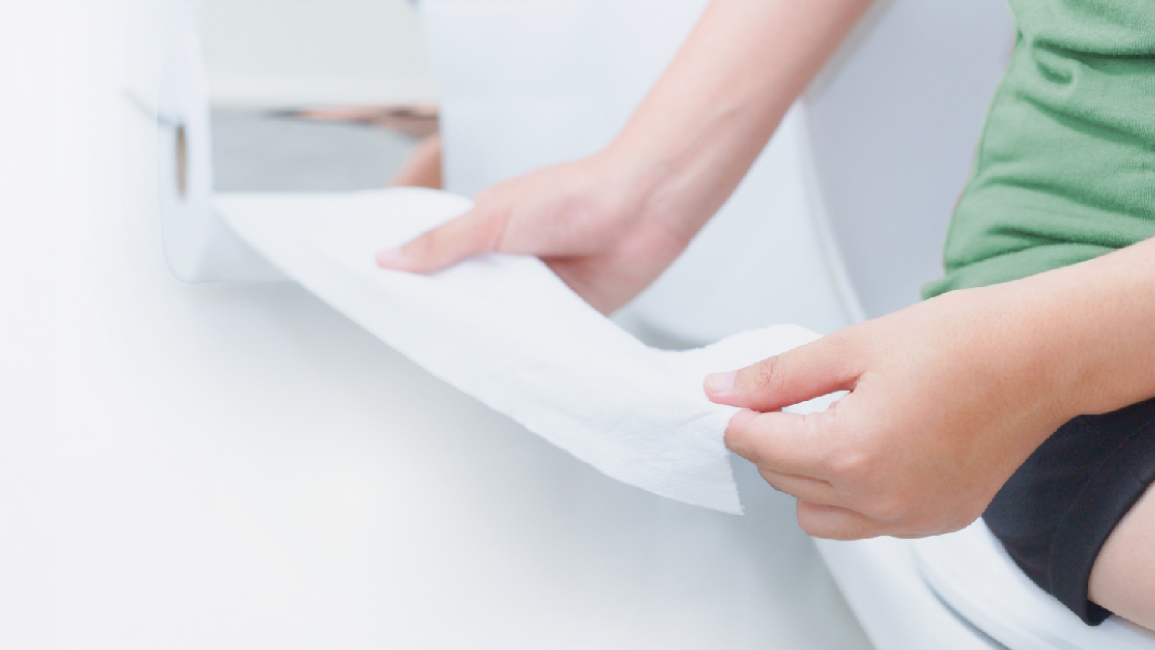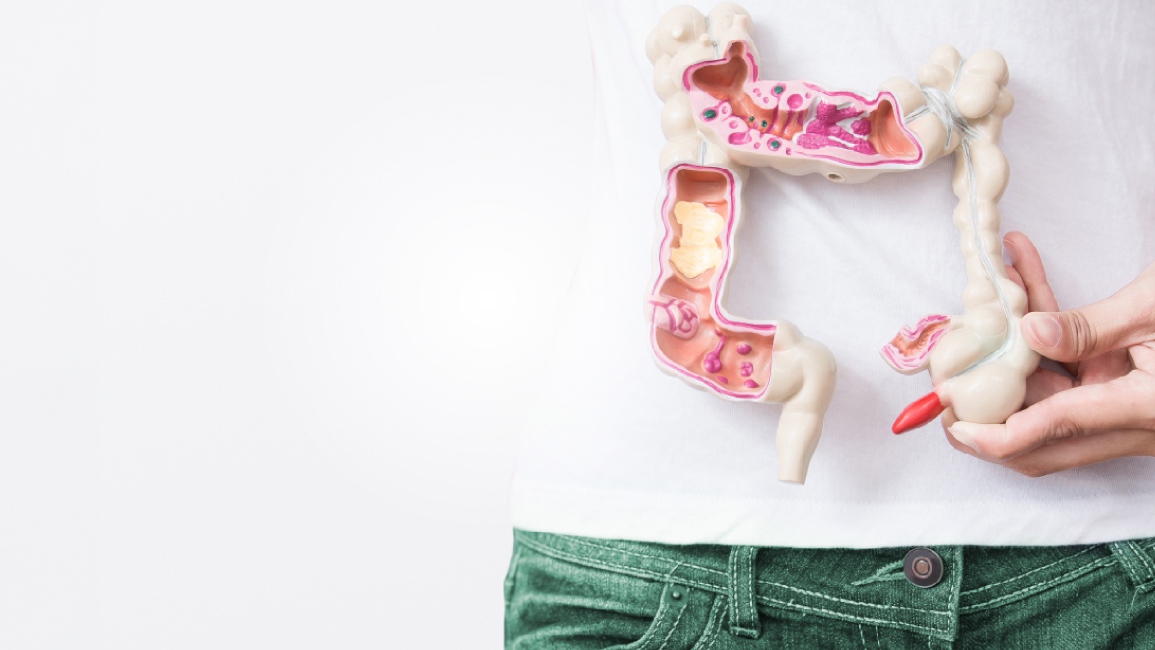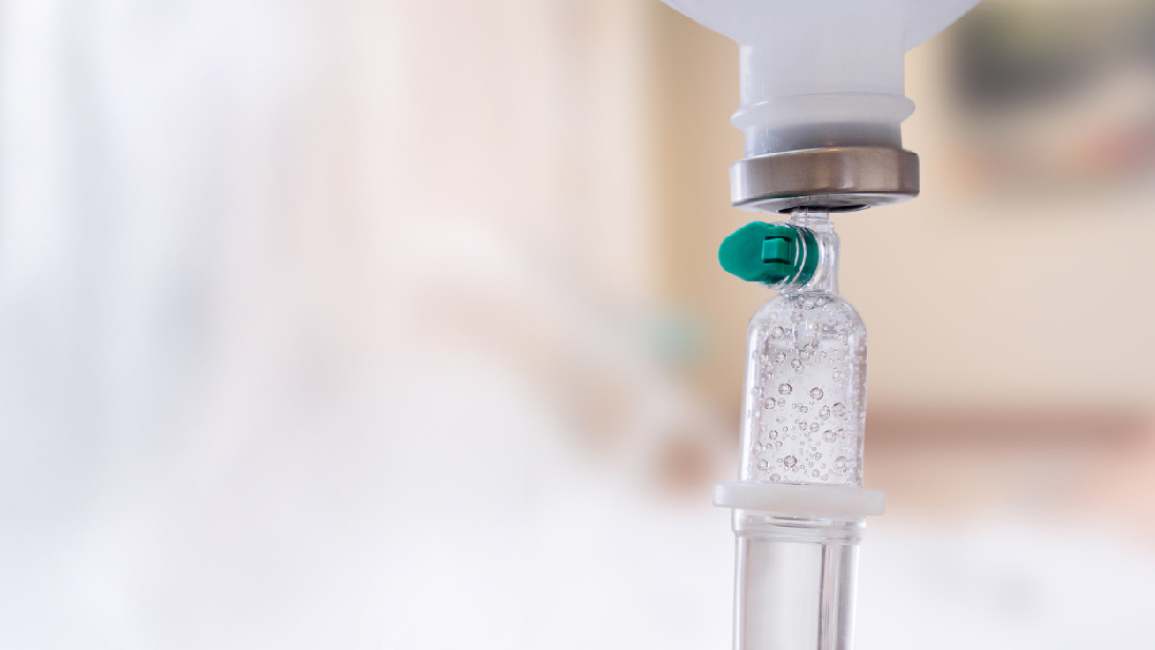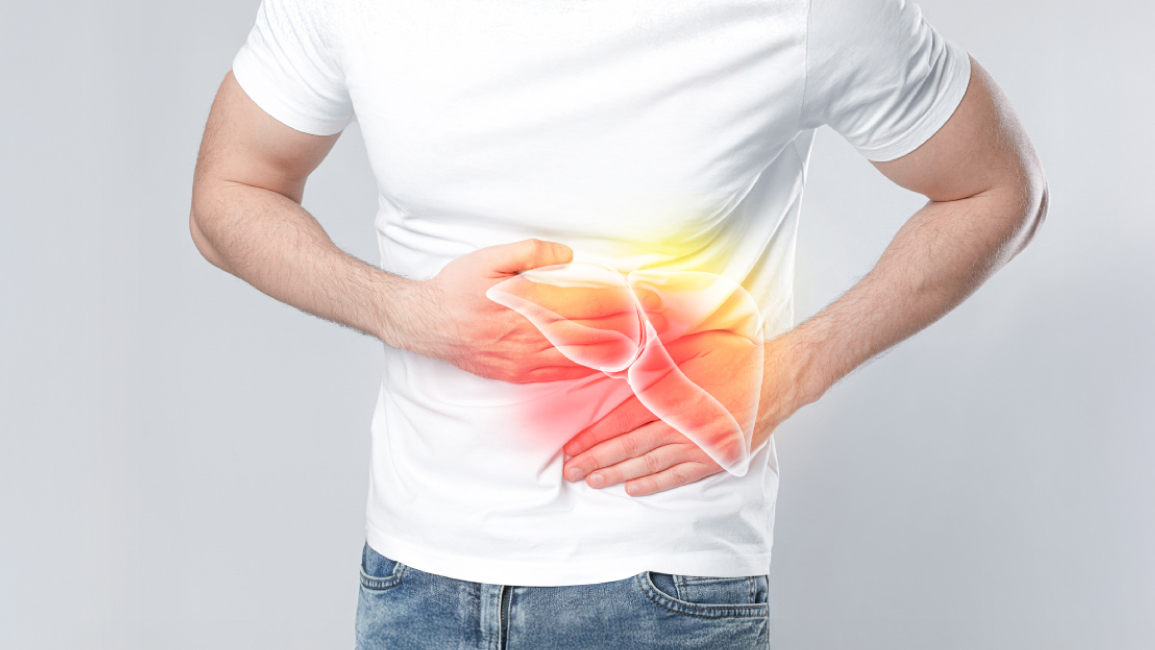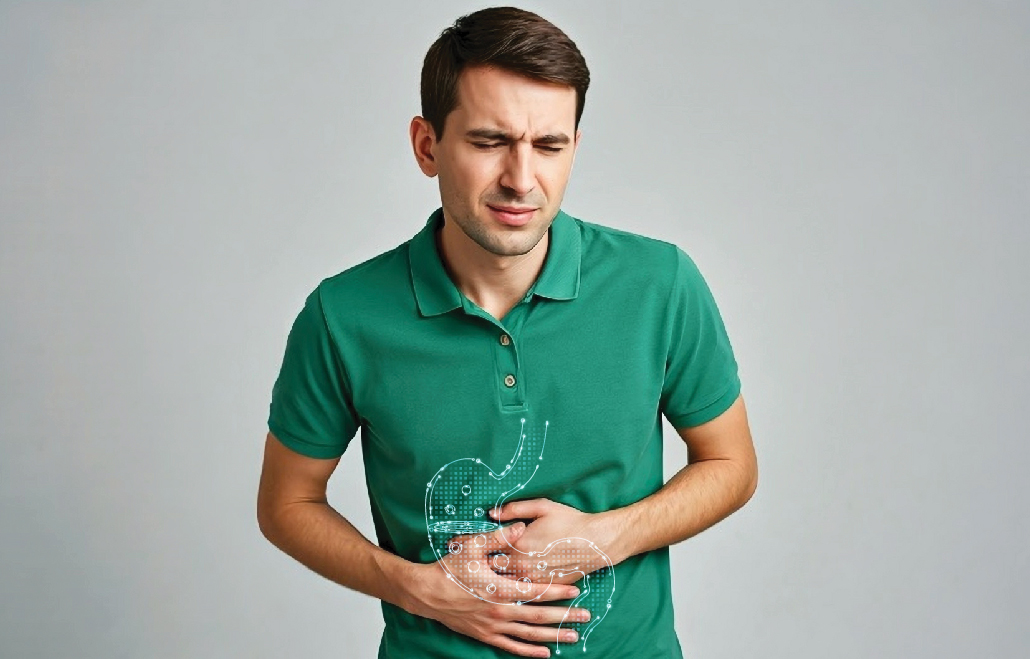Colonoscopy: Learning Cancer Detection & Prevention
Center : Gastrointestinal and Liver Center
Article by : Dr. Sombun Rungjiratananon
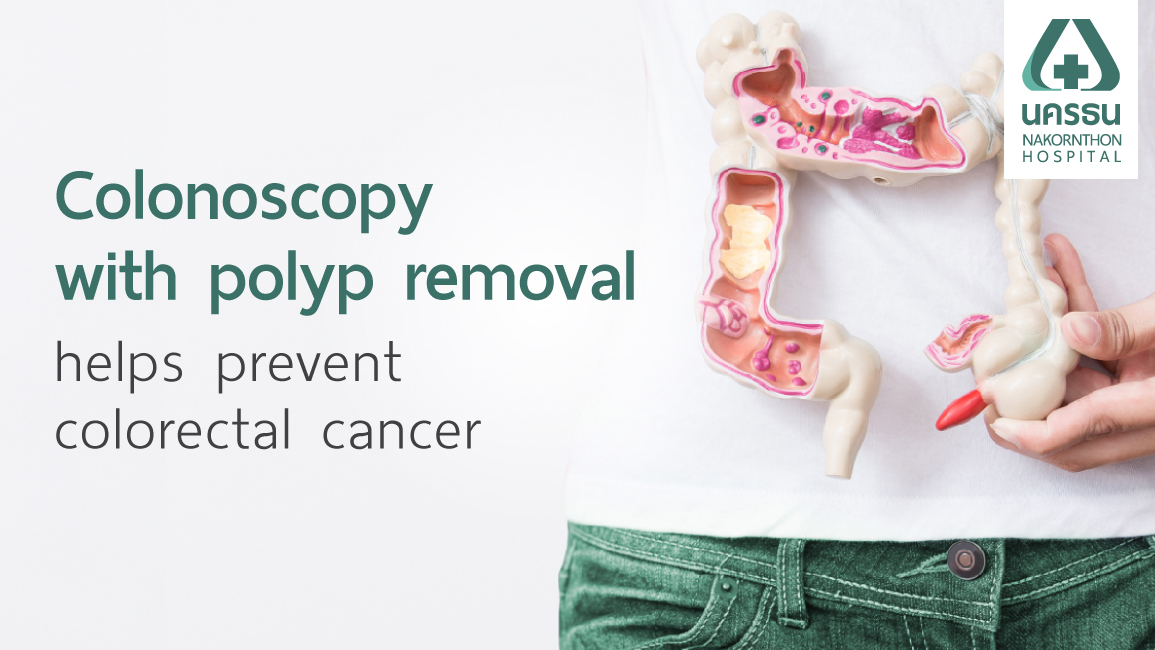
Colonoscopy plays a crucial role in addressing colorectal cancer, which is the most common cancer of the digestive system, with new incidence rates and mortality rates ranking among the highest. This is due to changes in human lifestyle that have increased risk factors, including work-related stress, eating behaviors, and self-neglect of health. This creates gaps for colorectal cancer to develop unnoticed. Prevention and care through screening is the best approach, which involves colonoscopy for colorectal cancer detection.
Table of Contents
What is Colonoscopy?
Colonoscopy is a screening procedure for colorectal cancer and helps treat noncancerous tumors growing in the colon wall by using a small, highly flexible camera about the thickness of a finger. The device used for the exam is called a "colonoscope" to view the images and then upload them to a monitor for a doctor to analyze and make an accurate diagnosis. In this context, abnormal biopsies can be taken and sent for examination and small polyps can be removed.
Colonoscopy should be performed in individuals with the following symptoms:- Abnormal bowel movements such as chronic constipation, chronic diarrhea, or alternating constipation and diarrhea
- Blood in stool, which may be bright red or dark in color, with unusual foul odor
- Protrusion of tissue masses from the anus during bowel movements with bleeding
- Abdominal tightness, bloating, distension, and abdominal pain
- Abdominal masses, weight loss, pallor, and fatigue
- Individuals aged 45 years and above should undergo rectal examination by colonoscopy every 3-5 years
Preparation for a Colonoscopy
Patients undergoing colonoscopy will receive dietary instructions before the examination to adjust colon function for colonoscopy preparation. Three days before the examination, patients must consume low-residue, easily digestible foods such as porridge, rice soup with fish, milk, etc., and avoid high-fiber foods such as vegetables and fruits. Take laxatives according to the exact amount and timing prescribed by the doctor. Drink one glass of water each time after bowel movement. On the night before the examination, abstain from food and water for 6 hours or until the examination is completed.
Colonoscopy Procedure
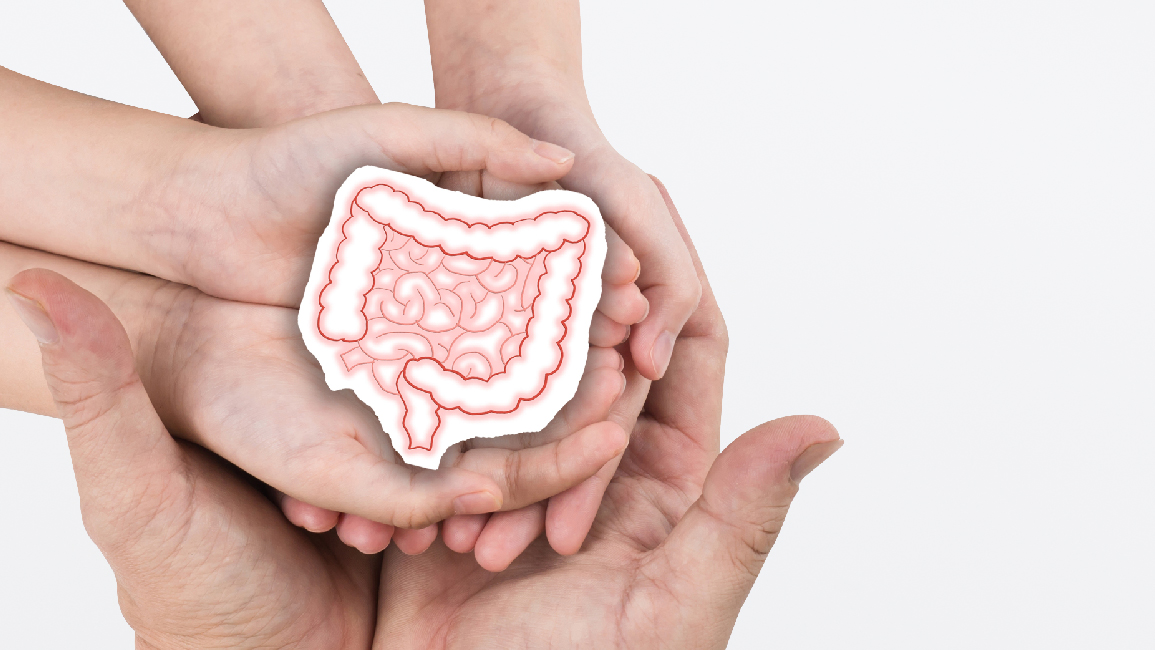

For the colonoscopy procedure, the doctor will have the patient lie on their side with knees drawn up, then gradually insert the scope through the anus into the colon. The entire inner surface of the intestine is then examined thoroughly. The colonoscopy ends when the scope is withdrawn. Normally, it takes no more than 45 minutes, which includes preparation time, examination, and recovery room rest, totals only 2-3 hours.
During the examination, air will be insufflated to expand the intestine, which may cause the urge to defecate or abdominal discomfort. These symptoms can be relieved by breathing slowly, inhaling and exhaling deeply while staying relaxed and not tensing up. If abdominal discomfort becomes unbearable, inform the doctor who will suction out the air. Struggling is strictly prohibited.
When abnormalities or polyps are found, the doctor will need to perform additional examinations by inserting small instruments through the scope to take tissue samples for diagnostic testing. The tissue samples will be only small pieces of mucosa sufficient for diagnosis. If polyps are found, which are abnormally growing intestinal mucosa, most are benign and not cancerous. Polyps vary in size, shape, and type. The doctor will remove all polyps to help prevent colorectal cancer, then send the polyps for pathological confirmation of diagnosis.
Post-Colonoscopy Instructions
After colonoscopy, there may be bloating, distension, and gas from air insufflation during the procedure. These symptoms will resolve within 24 hours or less. Bowel movements may contain slight blood due to tissue sampling procedures. If abnormal symptoms occur, such as severe abdominal pain or excessive bleeding, seek medical attention immediately. Patients who receive intravenous sedation will be unconscious during the examination, so family members must supervise and monitor symptoms, and driving or operating machinery is prohibited for at least 24 hours.
Colonoscopy combined with polyp removal helps prevent cancer occurrence and reduces mortality rates from colorectal cancer. If lesions are detected before cancer development or early-stage cancer is found, prevention or treatment can be achieved promptly and effectively.

What to Expect After the Colonoscopy?
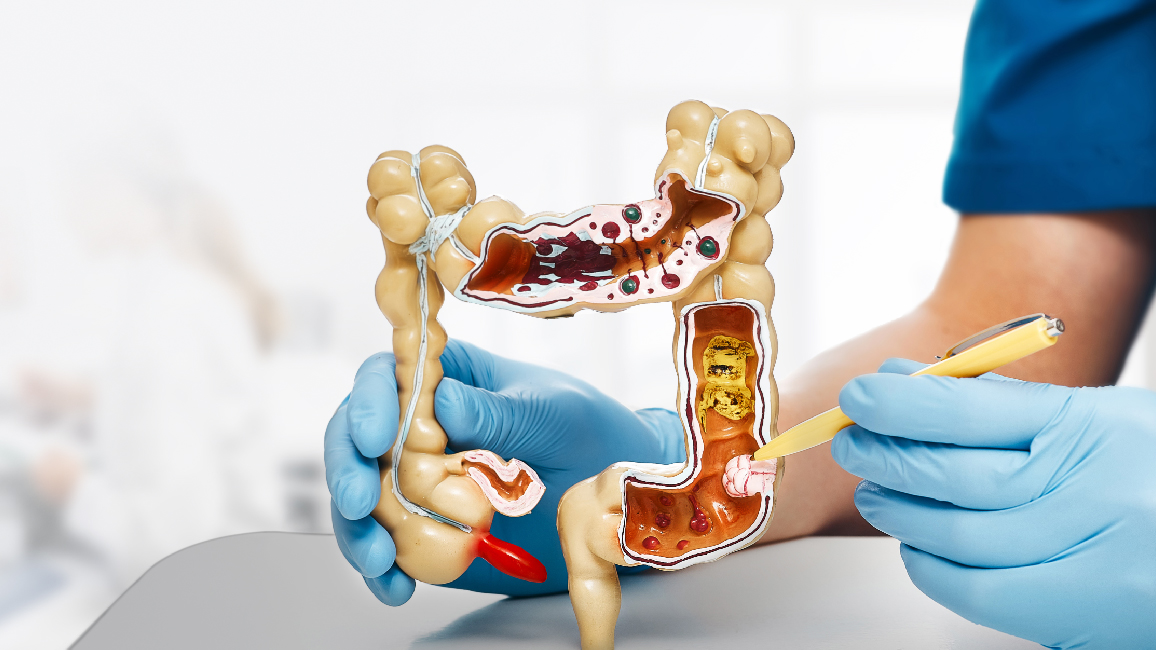

If no abnormalities or polyps are found in the colon, your doctor may recommend a colonoscopy every 3 to 5 years to check if the colon is still normal. However, if there are abnormalities or polyps, the physician must perform an additional examination by inserting a small instrument through a colonoscope to take a biopsy for diagnosis. The biopsy is just a small piece of epithelium, which is just enough for diagnosis. When polyps are discovered, normally most polyps are not cancerous. Polyps can vary in size, shape, and type. The doctor will remove all polyps to prevent colon cancer. The polyp is then re-examined to confirm the diagnosis by pathology.
FAQs about Colonoscopy
How long does a colonoscopy take?
Normally, a colonoscopy procedure takes no more than 45 minutes. If including preparation time, examination, and leaving the room to recover all in all, it takes only 2-3 hours.
What can I eat before a colonoscopy?
In order to regulate the function of the colon, the person undergoing colonoscopy must eat a low-digestion diet such as porridge, fish porridge, milk, etc. for 3 days before the colonoscopy and avoid high-fiber foods such as vegetables and fruits.
What to eat after colonoscopy?
The patient will be able to eat normally.
Is a colonoscopy a surgery?
NO. Colonoscopy is used to detect abnormalities in the colon. It is performed with a small, highly flexible camera about the thickness of a finger. It looks like a tube that is inserted through the anus into the rectum and examines the entire colon, which is fitted with a lens and then transferred to the screen so that the doctor can make an accurate diagnosis.
Is colonoscopy painful?
After a colonoscopy, you may experience bloating and indigestion that come from the wind during the colonoscopy; these can subside within 24 hours or less. Stool may contain some blood as a biopsy is taken. If you experience abnormal symptoms such as severe abdominal pain or abnormal bleeding, you should see a doctor.
Why undergo a colonoscopy at Nakornthon Hospital
Colonoscopy is a vital screening procedure for detecting and preventing colorectal cancer, the most common digestive system malignancy. The examination involves comprehensive evaluation of the colon using advanced endoscopic technology, with the ability to remove polyps and obtain tissue samples for diagnosis.
For comprehensive colonoscopy services, Nakornthon Hospital's Gastrointestinal and Liver Center offers distinguished care with state-of-the-art therapeutic technology and standardized equipment. Our experienced physicians and well-trained medical team provide personalized, one-stop service including dedicated endoscopy suites, bowel preparation rooms, and recovery facilities. With patient safety as our top priority, we utilize advanced protocols to minimize risk factors and reduce hospital stay duration.
Early detection through colonoscopy significantly reduces colorectal cancer mortality rates, making regular screening essential for individuals over 45 or those experiencing gastrointestinal symptoms. Contact Nakornthon Hospital today to schedule your colonoscopy and take a proactive step toward maintaining your digestive health.
For more information, please contact:
- - Website : https://en.nakornthon.com
- - Facebook : Nakornthon Hospital - International Patient
- - Line : @nakornthoninter
- - Tel: 02-450-9999 (Available 24 hours)
Free Online Consultation
Article of Gastrointestinal and Liver Center


